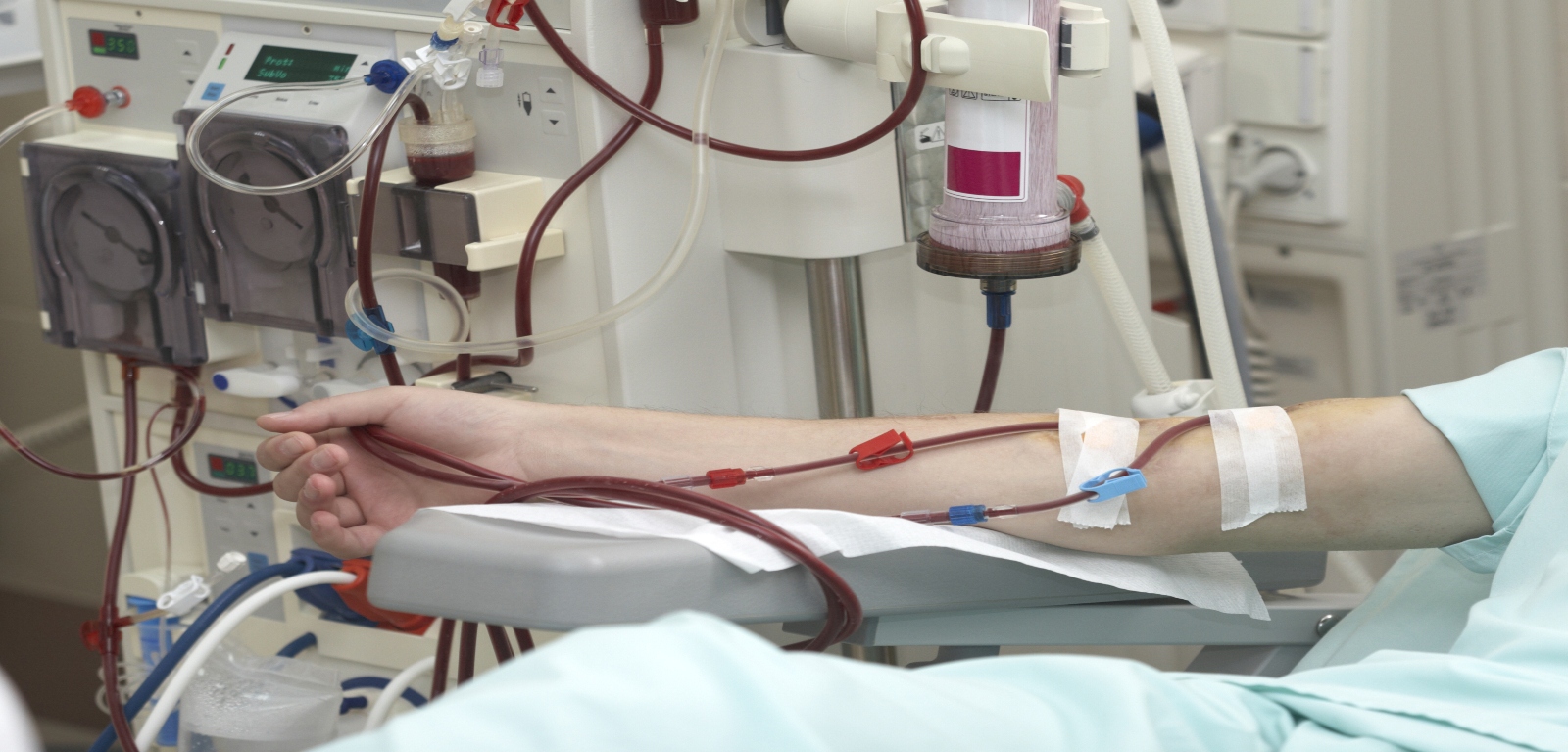New research shows kidney transplants saves lives and costs less than alternative treatments
Research led by Queen’s has found that kidney transplantation is the optimum treatment for people with chronic kidney disease, improving both their quality of life and long-term survival, whilst also costing less than alternative treatments.

The research, conducted in partnership with nephrologists from the National University of Ireland Galway, University Hospitals Birmingham and The Belfast Health and Social Care Trust, has been published in the journal PLOS ONE.
Based on the study findings, the researchers conclude that transplantation is not only life changing for patients with chronic kidney disease, improving both quality of life and long-term survival, but is also beneficial for wider society as it is associated with lower costs than dialysis.
Chronic kidney disease (CKD) is a long-term condition that affects over 10 per cent of the global population and is predicted to become the fifth leading cause of death in the world by 2040. People with CKD can develop serious health problems, such as cardiovascular and metabolic diseases, because their kidneys do not eliminate toxins from the blood. The most severe form of CKD is known as end-stage renal disease (ESRD) which requires dialysis treatment or kidney transplantation. People with advanced CKD can struggle to live normally due to effects of the disease which poses challenges for societies and increases the pressure on global health and social care services, such as the cost of dialysis or medications.
Sarah Elshahat, researcher from the Centre from Public Health at Queen’s University Belfast and lead author on the paper, said: “If left untreated, CKD can lead to kidney failure and subsequent complications such as heart disease. Our research highlights the need for innovative therapies that prevent and slow this debilitating disease’s progress.”
The research team analysed findings from 78 research studies on CKD across Europe and North America. The team then compared the reported outcomes (quality of life and life expectancy) of people who had long-term kidney dialysis and those who had a kidney transplantation, as well as the costs associated with both.
The study showed that costs of CKD increase with disease severity, reaching $20,110 per ESRD patient per year in Europe. Costs were much higher in the US than Europe, ESRD costs in the US being $100,593 per patient per year. According to the findings, dialysis can cost up to $145,215 per patient, per year in some countries, which is about 2-3 times that of transplantation. More importantly, the research found patients with transplantation are reported to have significantly better quality of life and life expectancy than those receiving dialysis.
Professor Ciaran O'Neill, senior researcher from the Centre for Public Health at Queen’s University Belfast and researcher on the paper, said: “From our research, it is evident a successful kidney transplant improves health, increases survival and is cost-effective compared to dialysis.
“It is vitally important people with CKD are able to live as long, healthy and pain-free life as possible.”
The research was enabled by funding from the Health Research Board (research grant RL/2013/16) from the multi-partner NEPHSTROM project which is funded by the European Union’s Horizon 2020 research and innovation programme (grant number 634086). More information about NEPHSTROM can be found at: www.nephstrom.eu.
Media
Media inquiries to comms.officer@qub.ac.uk